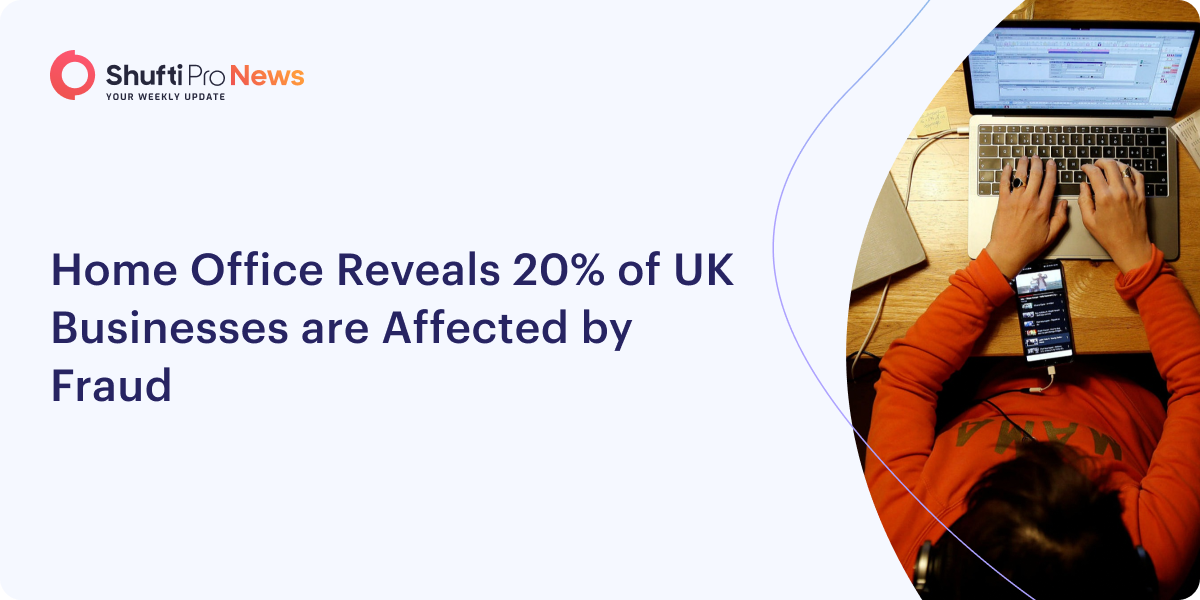News
Biden Increases 50% Budget for FinCEN to Omit Financial Crimes
President Joe Biden of the USA is pushing a plan for a 50% increase in the budget set aside for t...
 Explore More
Explore More
News
US Takes Steps to Regulate Digital Currency Amid Russian Sanction
President Biden signed an executive order on Wednesday wherein the federal government was urged t...
 Explore More
Explore More
News
China’s digital yuan to be tested by 19 firms including McDonald’s and Starbucks
Starbucks and McDonald’s are among 19 businesses that will test China’s new digital c...
 Explore More
Explore More
News
Italy Launches Money Laundering Investigations into Qatargate Associates
Italian prosecutors have launched a probe related to the EU parliament Qatargate affair as a new ...
 Explore More
Explore More
News
ML/TF Legislation for Art Industry Labeled ‘Damaging and Unjust’
Cinoa, the international art & antiques dealers’ association has issued an open letter signed...
 Explore More
Explore More
News
Canada Seeks to Digitize ID-Documents for Enhanced Security Measures
Canada, Ontario’s government is working towards digitizing the identity documents and seeks publi...
 Explore More
Explore More
News
FIAU Fines Maltese Investment Fund €300,000 for ‘disregard’ of AML Rules
The FIAU said that Southern Cross Sicav showed ‘disregard’ for its anti-money laundering obligati...
 Explore More
Explore More
News
The UAE Central Bank Revokes Dirham Exchange’s Licence for AML Misconduct
Dirham Exchange, an exchange house based in the UAE, has had its licence revoked by The UAE Centr...
 Explore More
Explore More
News
Millions of Twitter and Facebook Users May Have Had Their Accounts Compromised
Facebook and Twitter announced on Monday that the personal data of millions of users may have bee...
 Explore More
Explore More
News
AUSTRAC to Audit Three Bell Financial Group Entities to Evaluate AML/CFT Compliance
AUSTRAC has called for the audit of three entities under the Bell Financial Group, including Bell...
 Explore More
Explore More
News
FinCEN Fines Puerto Rican Bank, Bancrédito, $15 Million on BSA Violation
Puerto Rican bank, Bancrédito, was fined $15 million by the Financial Crimes Enforcement Network ...
 Explore More
Explore More
News
Fraud claim filed against HSBC Bank for ‘sham’ investment scheme
A fraud claim worth £1.3 billion has been submitted by 371 investors against HSBC UK Bank for los...
 Explore More
Explore More
News
Cambodia Under FATF’s Tight Monitoring Over Weak AML Measures
Cambodia is under the tight monitoring of FATF over weak AML measures. According to Transparency ...
 Explore More
Explore More
News
With Rising Fintech Adoption, FI’s are Investing in AI for AML Compliance: Report
Reduced rates of false positives and the resulting decline in operational costs have caused an in...
 Explore More
Explore More
News
SEC Updates Regulatory Disclosures for Chinese Issuers Amid Crackdown
Chinese businesses, as per a ruling by the SEC, are directed to present additional disclosures re...
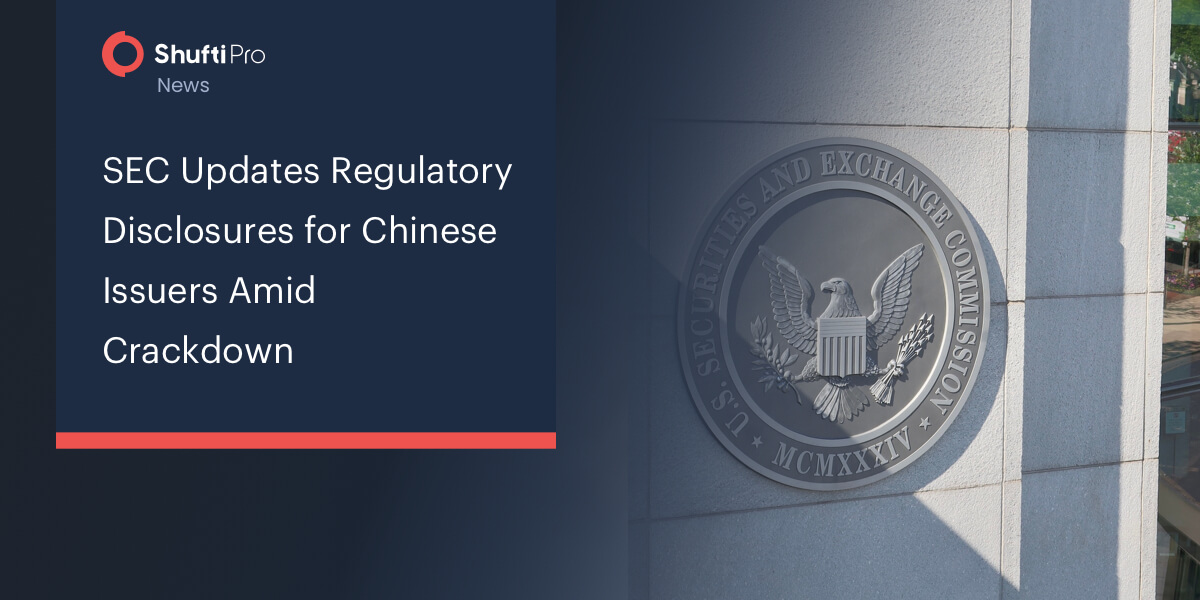 Explore More
Explore More
News
Turkish Regulatory Authorities Launch Investigation on Social Media Influencers for Money Laundering
Turkey’s Minister of Social and Labour Security Department stated they are conducting an in-depth...
 Explore More
Explore More
News
UAE startup relies on Blockchain to flatten COVID-19 curve
In5, UAE based start-up incubator, is assisting to design blockchain-based techniques to suppress...
 Explore More
Explore More
News
Guyana Holds US-Sponsored Conference to Examine Asset Recovery and Money Laundering Issues
The Judiciary of Guyana organised a two-day conference in collaboration with the US Department of...
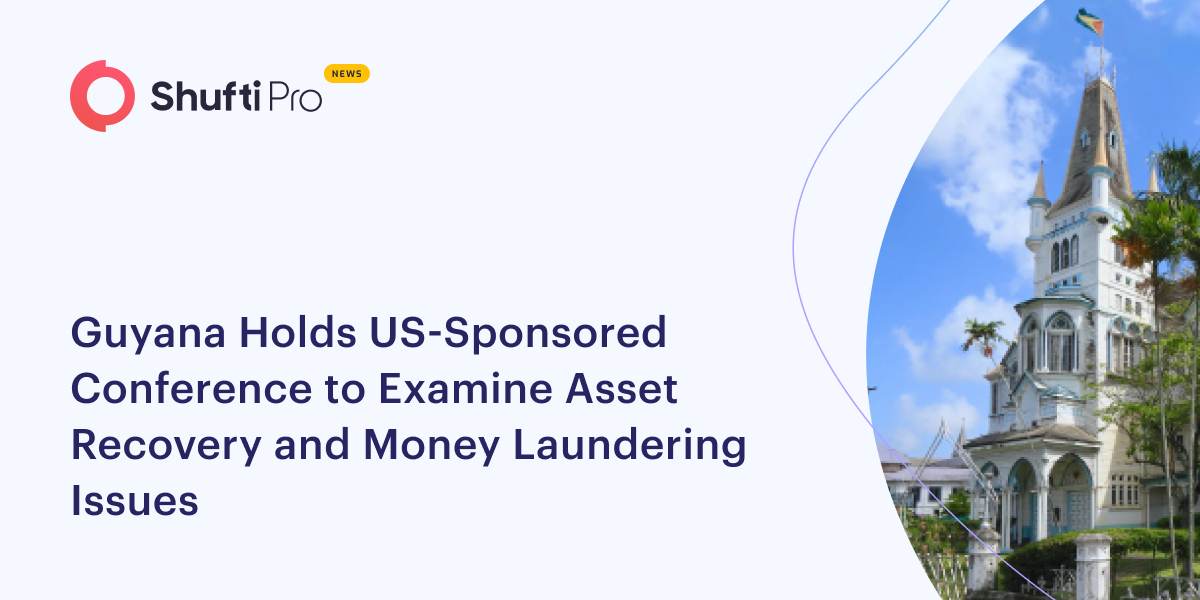 Explore More
Explore More
News
Central Bank of Nigeria (CBN) Raises Concerns Over KYC and AML Protocols
The Central Bank of Nigeria (CBN) has intensified pressure on financial institutions (FIs) to imp...
 Explore More
Explore More
News
Dark Web Becomes a Haven for Insurance Fraud
Dark Web has recently become a growing market for unemployment insurance fraud and fraudsters can...
 Explore More
Explore More
News
Singaporean Banks Enhance Security to Combat Financial Crime
The Monetary Authority of Singapore (MAS) stated that the country’s banks are enhancing security ...
 Explore More
Explore More
News
Mass Stablecoin Adoption Could Assist Financial Crime – Says FATF
FATF suggests nations and financial service providers should identify potential risks of cryptocu...
 Explore More
Explore More
News
ODJFS Makes Efforts Against Fraud Schemes, Calling for Improved Safeguards
The Ohio Department of Jobs and Family Services (ODJFS) has estimated that approximately $506 mil...
 Explore More
Explore More
News
PHL Ranking Declines in the Corruption Index, Reveals GRP
According to the Global Risk Profile (GRP), the ranking of the Philippines in the corruption inde...
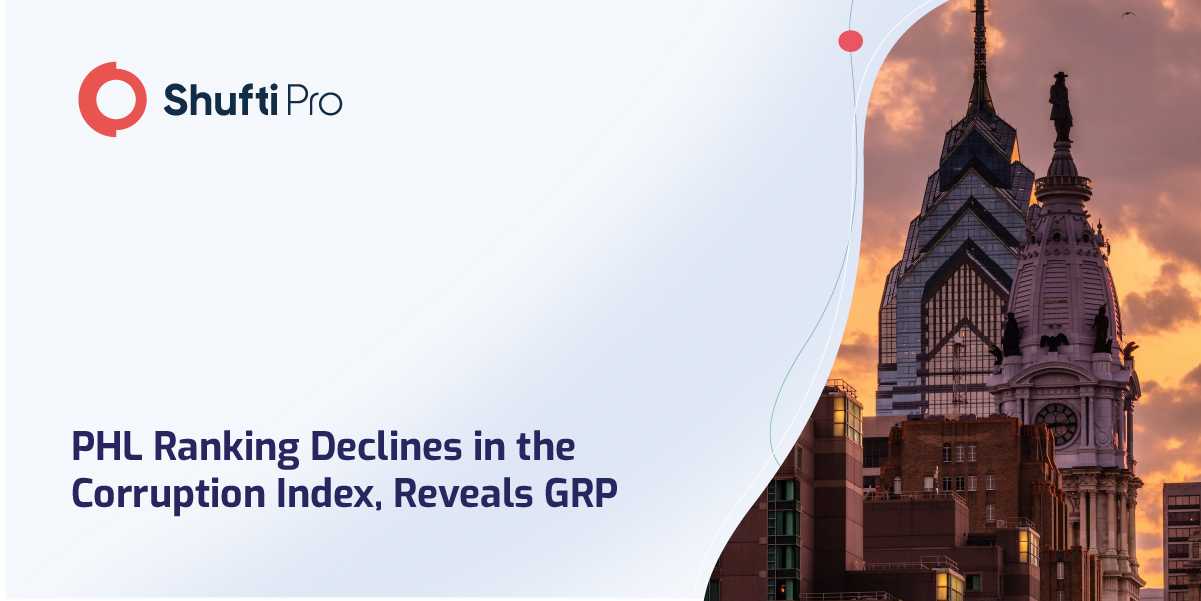 Explore More
Explore More
News
Switzerland Introduces New Regulations To Clamp Down on Money Laundering
Switzerland proposed new Anti-Money Laundering (AML) regulations to crack down on money launderin...
 Explore More
Explore More
News
FATF Member, Saudi Arabia, Winning the World Money Laundering Race
During a virtual meeting on Monday, the FATF supported Saudi Arabia to combat money laundering an...
 Explore More
Explore More
News
FIU Imposes a Fine of L$21 Million on Insurance Companies for AML Failings
The Liberian financial intelligence unit (FIU) has imposed a L$21 million fine against all the in...
 Explore More
Explore More
News
Philippines’ Anti-Money Laundering Counsel Increases AML Measures for Casino Junkets
The Philippines’ Anti-Money Laundering Counsel (AMLC) has stated that it is currently impro...
 Explore More
Explore More
News
The US and UK Strengthen Ties Regarding Crypto Regulations, Says British Regulator
The Top British regulator FCA reported that the US and UK are strengthening ties on crypto regula...
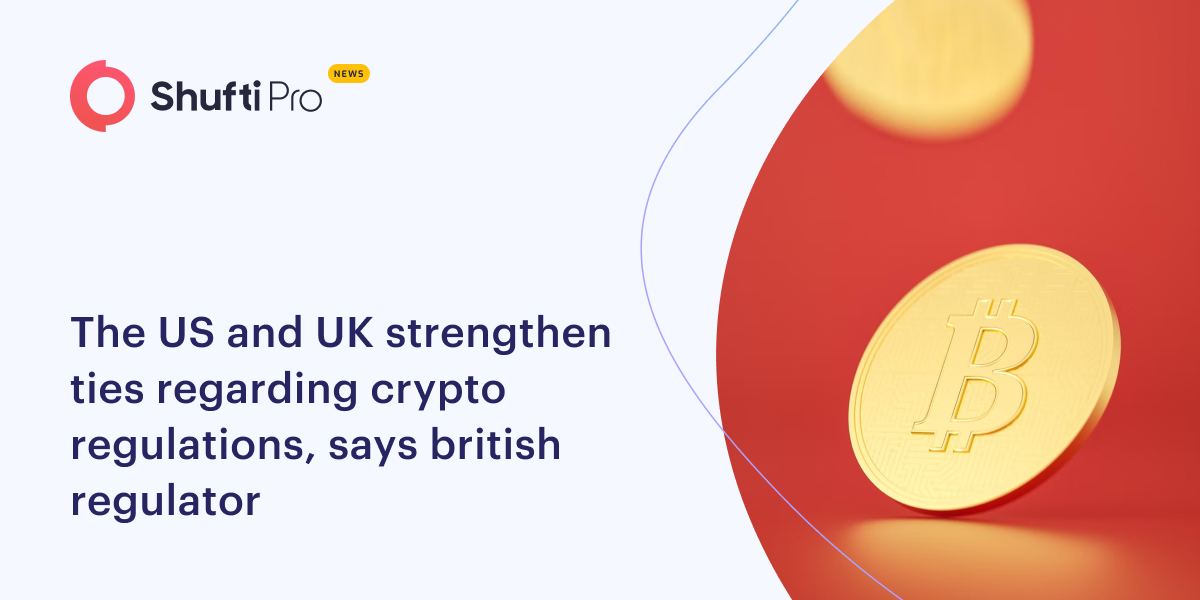 Explore More
Explore More
News
Kenya Takes First Step to Regulate Virtual Asset Market
The Kenyan government is all set to take the first step to regulate a vast $20 Billion crypto mar...
 Explore More
Explore More
News
Cryptocurrencies Need Regulation to Prevent Money Laundering, Says Singapore Minister
A panel of regulators and bankers at the World Economic Forum stated that cryptocurrency need to ...
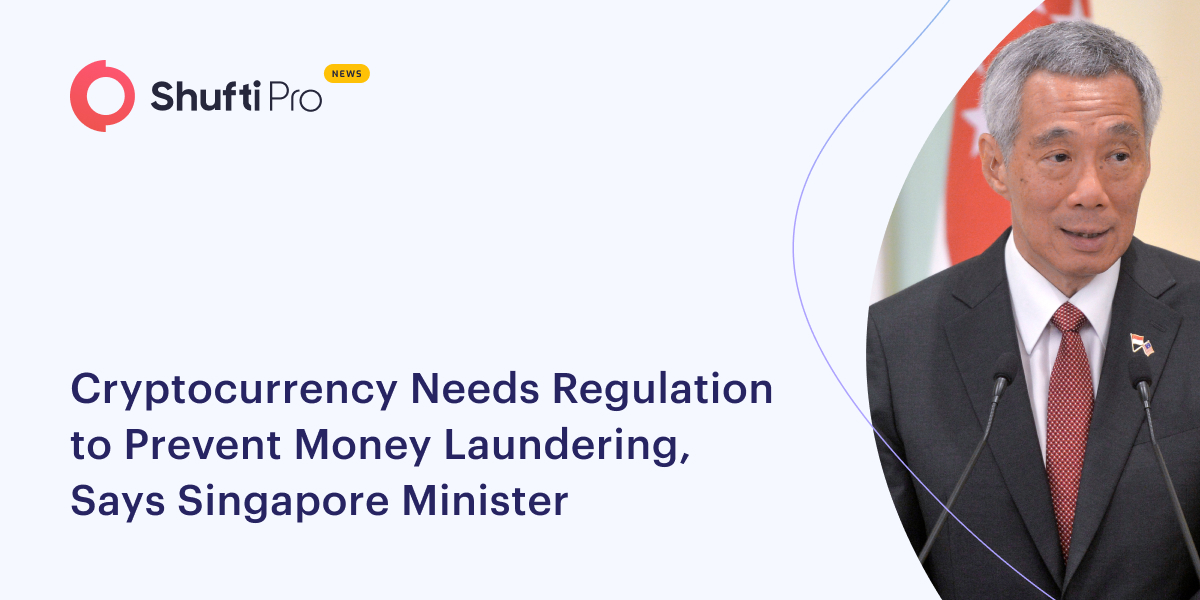 Explore More
Explore More
News
China’s Law Enforcement Authorities Issue Warning Against NFTs to Curb Financial Crimes
China’s three major banking regulators have issued a warning against non-fungible tokens (NFTs) w...
 Explore More
Explore More
News
Local Election Officials’ Emails Could be at risk for phishing attempts
Cybersecurity firm Area 1 found 666 of 10,000 election workers used personal email accounts
Accor...
 Explore More
Explore More
News
Austrac Warns of Money Laundering Risks Unless More Prosecutions are Conducted
Austrac has warned the law enforcement agencies in Australia that they must conduct more money la...
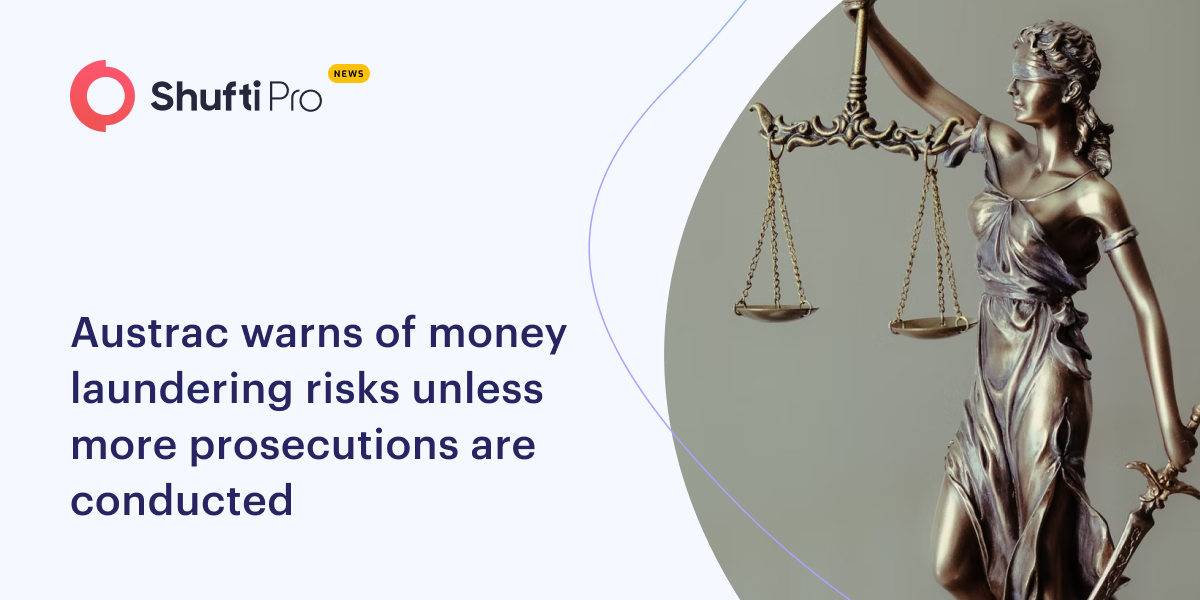 Explore More
Explore More
News
Data Breach Exposes 515,000 IDs, More Cases of Synthetic ID Fraud to be Expected?
Hackers broke into the servers at the International Committee of the Red Cross and accessed perso...
 Explore More
Explore More
News
Morocco’s Parliament Unanimously Approves the Bill to Amend AML Regulations
The House of Representatives of Morocco has unanimously agreed to pass the bill to amend the anti...
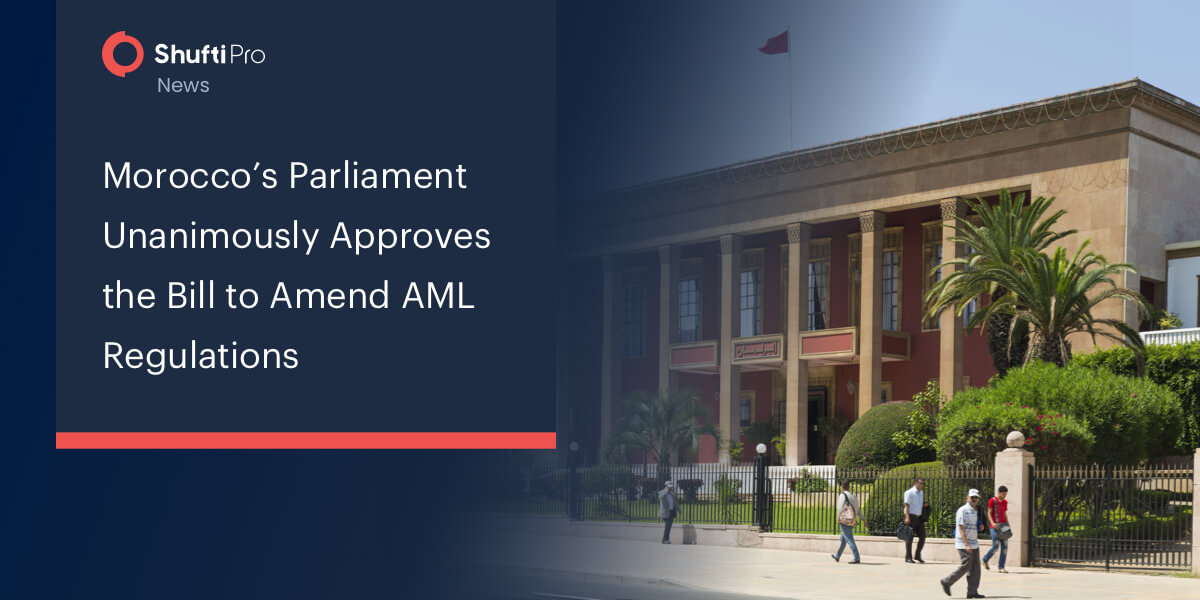 Explore More
Explore More
News
The Law Society of Kenya Discusses Legalisation for Reporting of AML Cases
The annual conference of the Law Society of Kenya (LSK) was held at the weekend in Diani, the Pre...
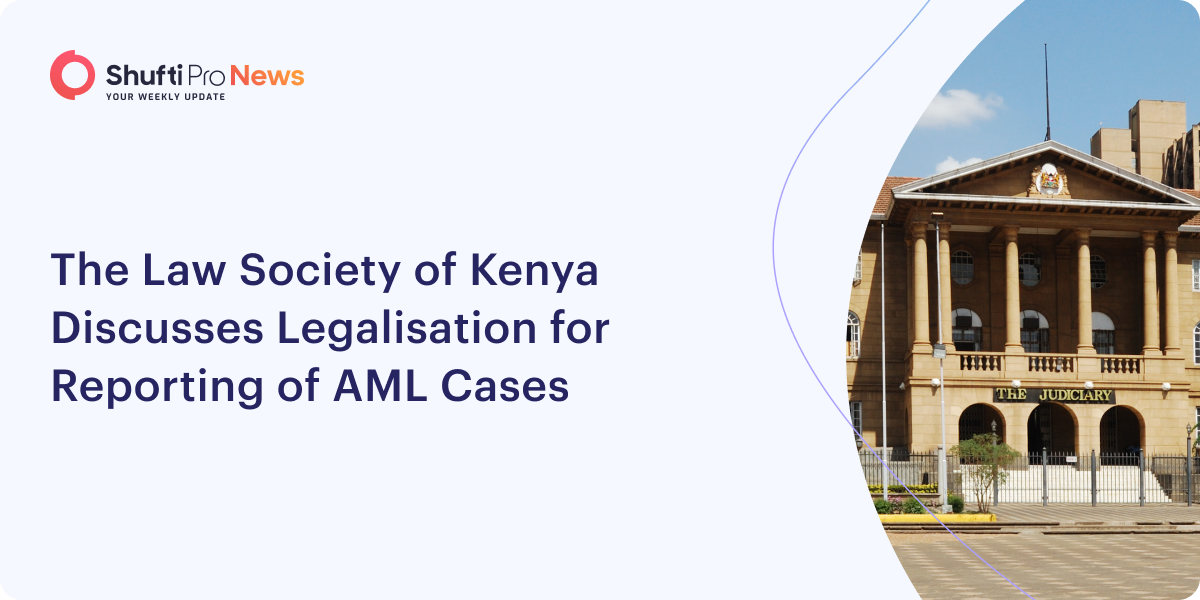 Explore More
Explore More
News
AMLC Reports Steady Rise in Phishing and Hacking Attacks in the Philippines
The Anti Money Laundering Council (AMLC) has reported a steady rise in phishing and hacking attac...
 Explore More
Explore More
News
U.S Congress Suspects the Use of Bitcoin to Fund Domestic Terrorism
U.S Congress subcommittee worries that Bitcoin might have been used in funding the Capitol revolt...
 Explore More
Explore More
News
Nigerian Crypto Firms Adopts KYC Measures to Comply with CBN’s Directives
The Nigerian crypto exchanges have started complying with the directives provided by the Central ...
 Explore More
Explore More
News
FATF puts Morocco on the Gray List for Pervasive Money laundering
Financial Action Task Force, the global regulatory watchdog for money laundering, has placed Moro...
 Explore More
Explore More
News
Major Law Enforcement Operation Seizes 300 Crime Rings, Millions In Crypto Recovered
Millions in crypto seized, 300 criminal syndicates raided and arrested.
In today’s financial cri...
 Explore More
Explore More
News
Swiss Government Gears Up to Establish a Central Registry for Beneficial Ownership
The Swiss government plans to set up a central registry for beneficial ownership, a step that ind...
 Explore More
Explore More
News
Bitcoin ATMs face stricter regulations over money laundering
According to experts, Bitcoin ATMs (BATMs) will face stern regulations globally, with countries s...
 Explore More
Explore More
News
Colombia Releases New Regulations For Crypto Firms Operating in the Country
The Colombian government passed new drafts for the local crypto organisations to continue operati...
 Explore More
Explore More
News
FinCEN Says Russia Cannot Evade Sanctions with Crypto
Global lawmakers are taking a closer look at digital assets and how they can or cannot be used to...
 Explore More
Explore More
News
CBN Introduces New Anti-Money Laundering Rules for Microfinance Banks
The Central Bank of Nigeria has issued a guidance note that is aimed to prevent money laundering ...
 Explore More
Explore More
News
EU Warns About the Impact of COVID-19 on Non-Regulated Crypto Investments
European Union’s financial regulatory agency, the European Securities and Markets Authority (ESMA...
 Explore More
Explore More
News
The market for Digital Identity Solutions expected to double by 2024
The market for Digital Identity Solutions is predicted to double between 2019 and 2024, as report...
 Explore More
Explore More
News
US Imposes Sanctions on Russian-backed Iranian Oil Smuggling & Money Laundering Network
The US has imposed sanctions on a Russian-backed oil smuggling and money laundering network for I...
 Explore More
Explore More
News
Fraudsters are all set to exploit Black Friday sales. Beware!
Criminals are aware that at this time of the year, shoppers are looking for discounted deals and ...
 Explore More
Explore More
News
UAE Court Convicted 13 Indian Nationals and 7 Companies for Money Laundering Offenses
Thirteen Indian nationals and seven companies were charged with money laundering by the Abu Dhabi...
 Explore More
Explore More
News
Ireland Mandates Registration of Crypto Firms Under AML Laws
Ireland has taken new measures to regulate crypto businesses under the AML law for the first time...
 Explore More
Explore More
News
Interpol Warns of the Rise in Romance Scams as Valentine’s Day Approaches
According to the Interpol, there is a new investment scam on the rise that is targeting the datin...
 Explore More
Explore More
News
Australian Law Council Reports Practitioners Successfully Mitigating Money Laundering Risks
The Australian Law Council claimed they noticed in the survey that lawyers uphold rigorous regula...
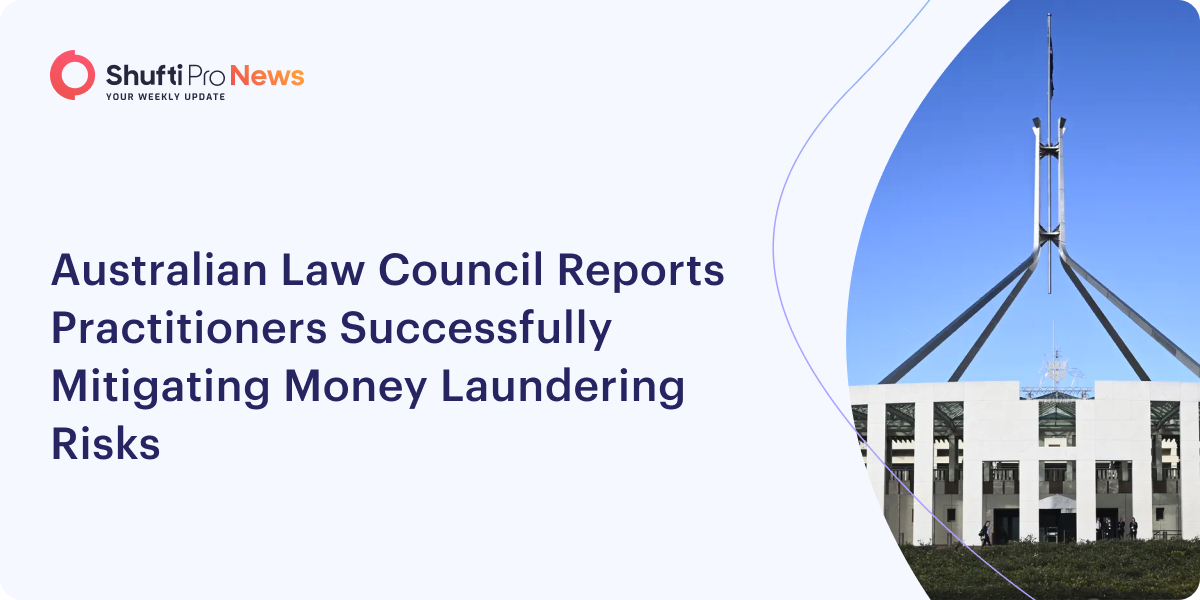 Explore More
Explore More
News
AFP to Crack Down on Italian Money Laundering Syndicates Operating in Australia
The AFP is set to crack down on Italian organised crime and money laundering syndicates flowing b...
 Explore More
Explore More
News
US Ambassador Highlights how Liberia can Improve its AML/CFT Laws
Monrovian embassy of the United States’s ambassador, Micheal A. McCarthy, supports the National R...
 Explore More
Explore More
News
Money Laundering to Remain a Significant Challenge with Spike in Online Crime
Senior officers of Garda have indicated the rapidly rising problem of money laundering as the big...
 Explore More
Explore More
News
Japan Launches a Three-Step Plan for Introducing Digital Yen
After the announcement of the Bank of Japan to introduce digital Yen by 2021, the statement by Ko...
 Explore More
Explore More
News
UAE Central Bank Issues AML/CFT Guidance For Exchange Houses
The Central Bank of UAE (CBUAE) has issued guidance for Licensed Exchange Houses (LEH), keeping F...
 Explore More
Explore More
News
Updated Crypto AML Rule in South Korea Set to Take Effect from 25th March
South Korea’s official financial regulatory body, the Financial Services Commission (FSC), announ...
 Explore More
Explore More
News
WhatsApp Introduces Fingerprint Authentication For Android
WhatsApp has recently announced that its app can be locked with a fingerprint, now available on A...
 Explore More
Explore More
News
AUSTRAC Warns Banks Against Closing Accounts of Crypto Traders
AUSTRAC shows full support for the Australian crypto industry and is issuing warnings to banks ag...
 Explore More
Explore More
News
FATF issued guidance on risk-based AML/CFT policies
The Financial Action Task Force has issued finalised supervision on adopting a risk-based strateg...
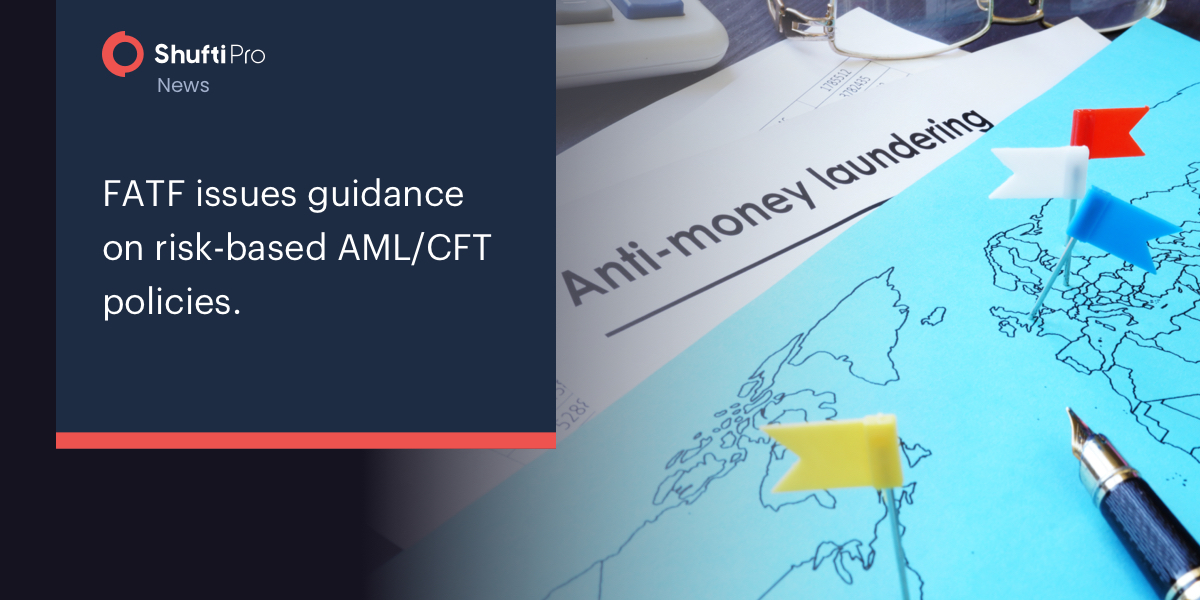 Explore More
Explore More
News
Luxembourg Updates AML Laws for Verification of Beneficial Ownership
Luxembourg has amended its Anti-Money Laundering regulation requiring practitioners to identify b...
 Explore More
Explore More
News
FMA Blacklists Krypto Security, Bay Exchange, and CTRL Investments Limited
New Zealand’s FMA has warned investors against services and products being offered by unauthorize...
 Explore More
Explore More
News
Travel and Leisure Industry is at Peril of Facing Data Breach
The travel and leisure industry is already facing a difficult time right now, they do not need to...
 Explore More
Explore More
News
Blue Star Planet to Pay £620,000 for AML Failures Uncovered by Gambling Commission
Blue Star Planet which was trading as 10Bet to pay £620,000 ($746,716) after it was found guilty ...
 Explore More
Explore More
News
Ireland Seizes More than €1m Cryptocurrency from Money Laundering Syndicate
Ireland seized over €1m in cryptocurrency as a part of an investigation against national and inte...
 Explore More
Explore More
News
EU and British Financial Watchdogs to Investigate Digital Stock Tokens
The German and British regulators are reportedly investigating the stock token trading, recently ...
 Explore More
Explore More
News
FATF Withdraws Switzerland From AML Enhanced Measures List
The Financial Action Task Force (FATF) removed Switzerland from the enhanced money-laundering com...
 Explore More
Explore More
News
Ex-Microsoft engineer accused of digital currency scam
Ukrainian citizen, Volodymyr Kvashuk, has been accused of six counts of money laundering, five of...
 Explore More
Explore More
